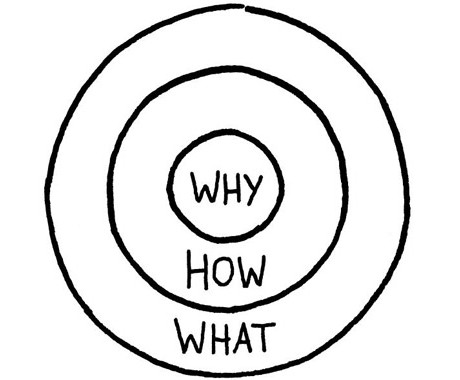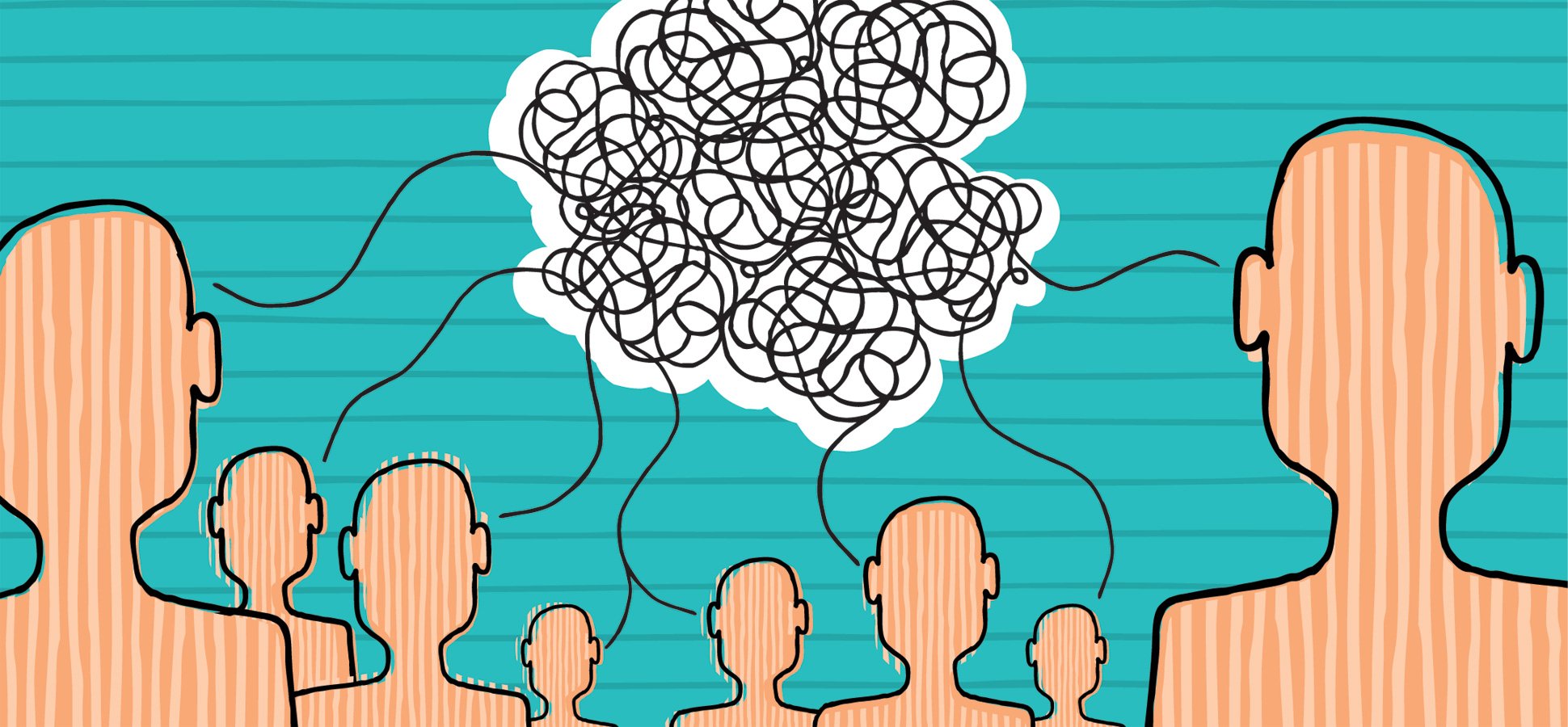Whenever one starts learning a new language, all kinds of questions come up immediately: “Which language should I choose? What’s the best way to go about learning a language? What should I learn first? How can I get over the embarrassment of making mistakes?” These are all perfectly valid questions, but there is one that people often forget about: Why?
The what and how questions are what we seem to focus on first above any others. These give us structure and substance, but in the context of language learning they only get us so far. More importantly, they don’t give us reasons to learn, rather they give us consequences or results of learning. The why forces us to think more deeply about the learning process, and the reasons for which we actually want to learn a language. Some examples of important why questions are, “why do I want to learn a new language? Why do I want to learn this language? Why do I prefer this learning method to another?”
If you’ve never thought about these questions, it’d be incredibly beneficial to do so. These questions will teach you a lot about yourself; they’ll teach you what motivates you, what your passions are at your core and what you care about most, and most importantly it’ll give you a foundation to ask the what and how questions. If your answer to the question “why do I want to learn a language” is anything like “it’ll make it easier for me to get that job,” “to impress people,” or even “because I’m required to by my school/work etc.,” what you’re really interested in are the results, not the process. This will inherently make the learning process more difficult for you, because you’re not doing to do it, you’re doing it do get a given reward.
The answers to these why questions ideally are not things that can be measured or compared with others. For example, my personal answer to “why do I want to learn a new language” is (and really always has been) that it’s something I enjoy. My core reasons for this are that I’m fascinated with culture and cultural differences and that I love communicating with others. Any time I’ve come across people speaking a language I couldn’t understand, my love for communication has driven me to do everything I could to fill in that gap in my understanding. I find joy in the process, and for that reason the end results became that much more enjoyable for me. Fascination with culture and the desire to communicate can’t be measured like the number of words a person can learn. This keeps us from getting bogged down by petty comparisons by keeping us focused on what truly drives us to learn a language.
So, ask yourself: “why?” You might learn something new about yourself, and let the answer be the foundation on which you build a better ‘how’ and ‘what’.
What are your “whys” for learning a new language? How has this helped in your learning process? If you could have changed one thing about your learning process, what would it be? Leave a comment below, and check back next week for another edition of Links Interpreters Love.
– William Cerkoney



